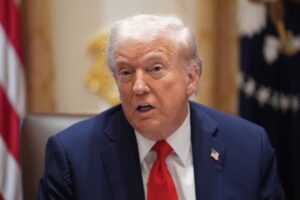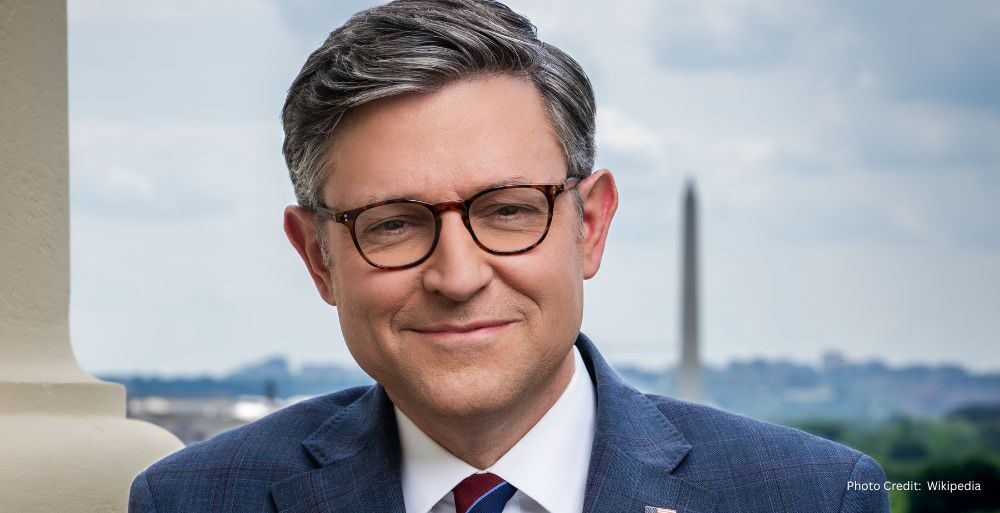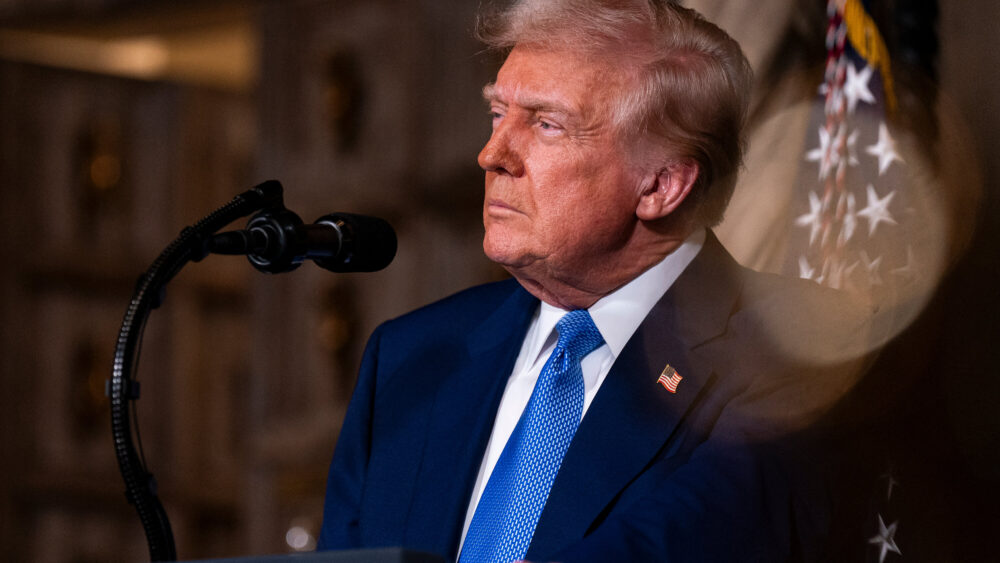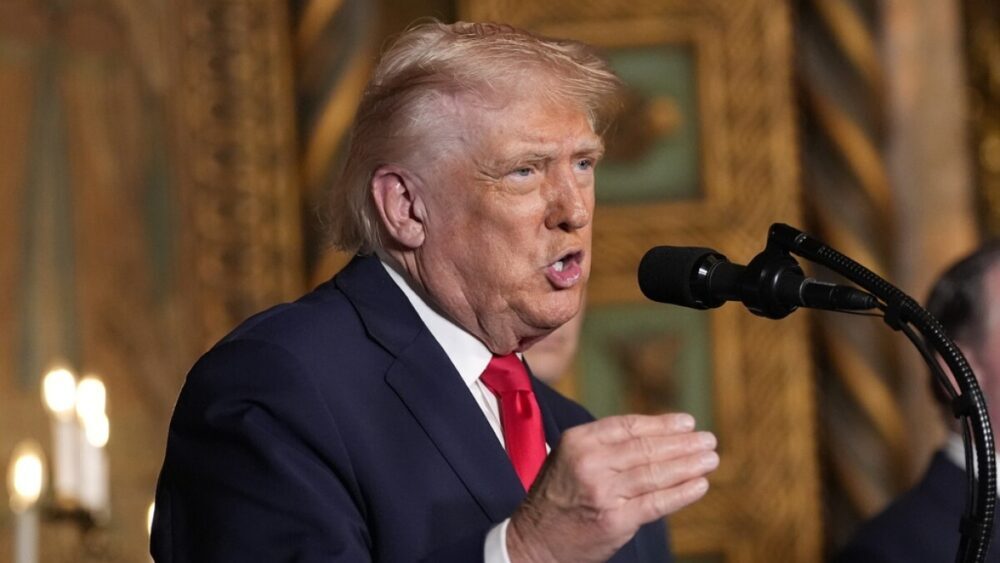President Trump recently emphasized the necessity of the H-1B visa program during a Fox News interview, stating that the United States does not have “certain talents” domestically and thus must rely on skilled foreign workers to fill specific, specialized roles. Addressing host Laura Ingraham’s concerns that the program might undercut wages and displace American employees, Trump responded by acknowledging the limits of the current American workforce in highly technical fields, asserting that there simply isn’t enough local talent available to meet the complex demands of modern industries such as defense and advanced manufacturing.
Trump supported his argument by referencing the real-world example of a Hyundai manufacturing facility in Georgia, where a large number of South Korean workers were brought in to help establish a new battery production plant. According to Trump, making batteries is a sophisticated and risky task, requiring hands-on experience and technical knowledge that cannot be acquired overnight or from the general pool of long-term unemployed Americans. He suggested that placing untrained local workers in such roles would be impractical and even dangerous, as the learning curve is steep and the risks—like explosions—are real.
Despite having imposed stricter measures on the H-1B program, including a new $100,000 application fee for companies wishing to employ such talent, Trump defended the continued necessity of these visas. This apparent contradiction has drawn criticism from both ends of the political and business spectrum. Many American tech leaders like Elon Musk insist these visas are crucial to maintaining US dominance in fields like artificial intelligence and advanced engineering. On the other hand, segments of the MAGA base argue that the program undermines American wages and job opportunities, calling for even stricter immigration controls.
Trump maintained that it is sometimes unavoidable to seek skills abroad, especially when a nation’s own workforce has not yet caught up with the rapidly evolving technological landscape. He argued that major international investments—such as those involving billions of dollars and groundbreaking technology—often require know-how that is in short supply among local job seekers. Forcing companies to hire domestically without regard to required skills, Trump warned, could damage the nation’s competitive edge.
His administration has simultaneously pursued a crack down on alleged abuses of the H-1B system. This includes launching federal investigations into companies accused of misusing the program to hire workers at lower wages, at the expense of qualified American employees. Notably, the Department of Labor’s “Project Firewall” has targeted firms exploiting legal loopholes, while the White House continues to insist that reforms are designed to prioritize American workers without stifling innovation and investment.
Opposition to the revised policy is strong in both political and corporate circles. Critics argue that the high cost of the new visa fee will limit the ability of businesses—especially in the tech sector—to attract the world’s best and brightest. Meanwhile, some state officials, such as Florida Governor Ron DeSantis, have moved to further restrict H-1B hiring even in state-run institutions, urging that more positions be offered to local talent.
Yet Trump stands by his view that certain talents simply aren’t present in the existing American workforce, at least not at the scale or specialization needed to power today’s most demanding projects. He believes that while efforts continue to retrain and reskill Americans, it is both necessary and beneficial for the country to import select foreign expertise—especially in fields where the stakes are high and the learning curve long. He reiterated that this strategy is not about replacing American workers, but about securing the kinds of advanced skill sets that keep the nation at the forefront of technology and economic development.
Ultimately, Trump’s stance reveals the ongoing tension between protecting domestic jobs and competing on the world stage. He insists the H-1B program, despite recent restrictions, is still essential as the US strives to balance its role as an innovation hub with the imperative to elevate local talent. The debate highlights the complexity of modern workforce management and the challenge of crafting immigration policy that supports both national security and economic growth.








